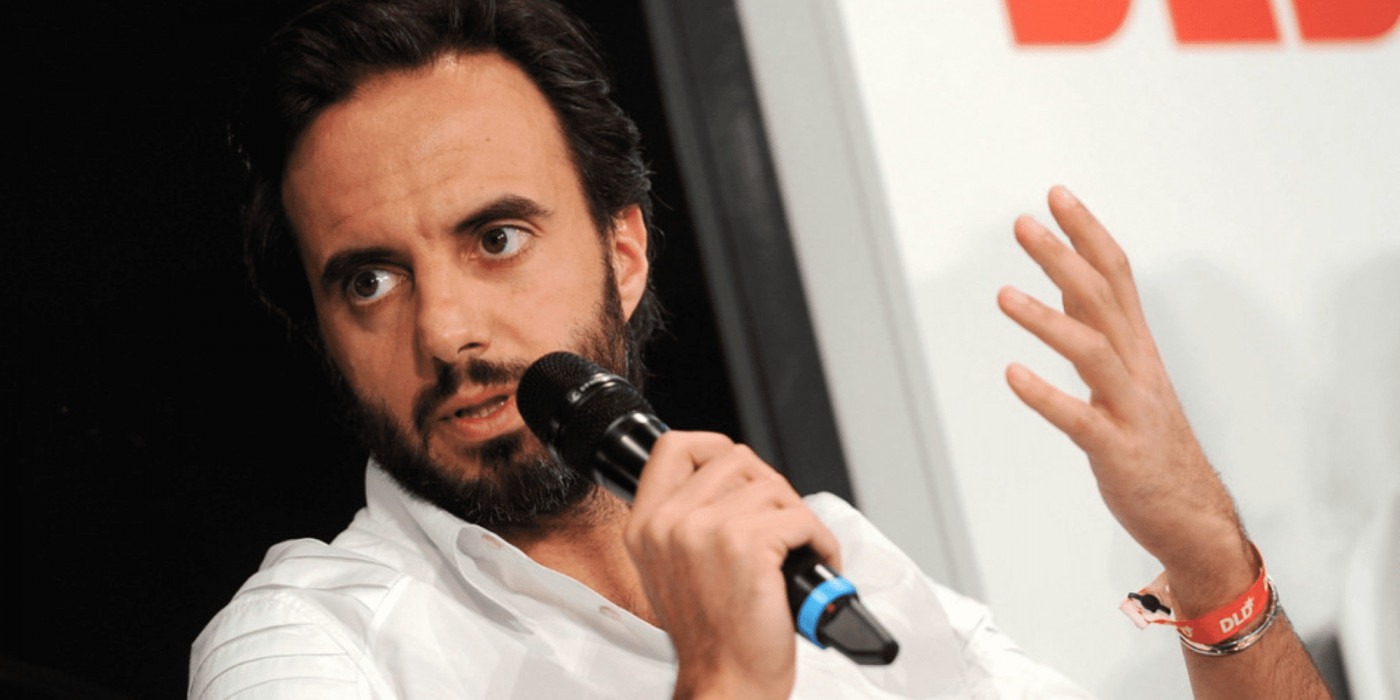From boom to bust: Farfetch’s fall and the future of e-commerce fashion
Farfetch, the luxury e-commerce fashion brand, has crashed and even revealed its need to go private after postponing filing its annual financial reports in 2023. The Financial Times reported that the company’s shares lost 97% of their value. If this was not bad enough, a South Korean e-commerce brand, Coupang, purchased Farfetch in December for $500 million to save the company from going bankrupt.
As of January 2024, the company is valued at less than $100 million
What does Farfetch’s crash mean for the future of e-commerce fashion? To better comprehend what has transpired, it is helpful to learn more about Farfetch. It is an e-commerce firm that specialises in luxury apparel and cosmetic items. It was founded and developed in 2017 by Portuguese businessman Jose Neves. Its competitive advantage came from being accessible in more than 50 countries and selling goods from over 1,400 brands (including Prada, Louis Vuitton, and Dior). It was backed by some of the biggest names in fashion. Francois Pinault, chairman of Kering (the house behind Gucci and Alexander McQueen), bankrolled $50 million through his family’s investment company Artemis, and Alibaba invested $250 million in 2020. Farfetch’s extensive investments and worldwide recognition allowed the company to be publicly listed on the New York Stock Exchange in September 2018.
Natalie Massenet, (founder and former chairwoman of Net-A-Porter) joined the company in 2017 and told the Financial Times it was “an undisputedly powerful fashion platform” that began where Amazon ended. It got even more financial backing and exclusive partners when Ferragamo, the Italian luxury fashion house, announced its partnership with Farfetch. By all means, the company was being touted as the future of the luxury digital fashion world. It was a massive shock to the fashion world when the New York Stock Exchange suspended Farfetch’s shares.
Since its listing on the New York Stock Exchange, Farfetch has managed to burn through more than $1 billion in cash, leading to concerns among investors. Farfetch’s main source of revenue came from giving extensive discounts on brands. The pandemic fueled a frenzy of purchasing behaviour, resulting in a boom for Farfetch. In 2021, it made an annual profit for the first time in its history. This financial success resulted in the company being valued at $6.2 billion. As of January 2024, the company is valued at less than $100 million.
The downfall of Farfetch continues even after its acquisition
In October 2023, Farfetch was trying to acquire its competitor, Yoox Net-a-Porter (YNAP). In November 2023, Neves announced his desire to make the company private. Investors like Micheal Ragan accused the company of producing “materially false and misleading statements” regarding its business, operating model, and future financial prospects. Along with these accusations, the company faced a consistent decline in prices over the year. In an ironic twist of events, Farfetch’s acquisition of YNAP failed, and it was purchased by Coupang, a South Korean e-commerce company.
Farfetch’s purchase by Coupang resulted in Farfetch functioning as a private company. The deal wiped out the stakes of retail investors who have filed a lawsuit against the acquisition.
Yet, Farfetch, as a subsidiary of Coupang, is not necessarily bad news for the company as this will allow the brand to remerge in the competitive e-commerce division. Coupang, although listed on the New York Stock Exchange, mainly operates throughout Asia, while Farfetch is headquartered in London. This acquisition will allow Coupang to broaden its customer base and increase its presence in the Western world. Coupang is known for offering same-day delivery on its products and has a grocery store alongside a video streaming service, leading it to be dubbed the “Amazon of Asia”. The acquisition initially made me think that this powerful combination of brands would lead to Farfetch’s recovery.
The saga of the fall and further downfall of Farfetch continues even after its acquisition. Most recently, Neves has been ousted from the management of Farfetch, and Coupang has taken complete control in the interim. The downfall of Farfetch, once hailed as the crown jewel of luxury digital fashion, has led to concerns about the viability of luxury e-commerce brands in this day and age.

Comments